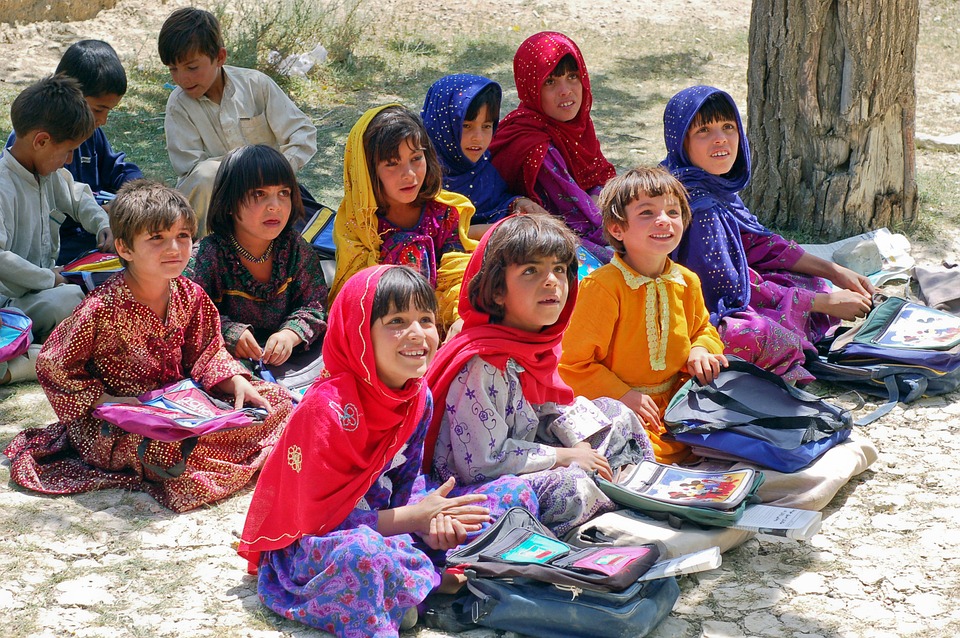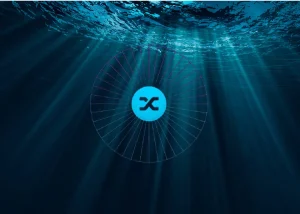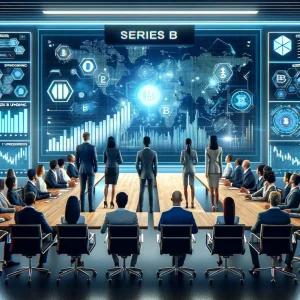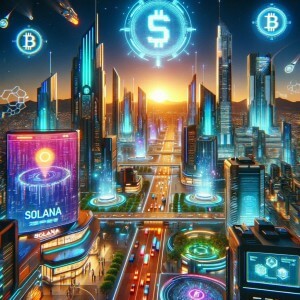Many people – from politicians to journalists to folks with privilege – argue that education is the great socioeconomic equalizer. Going to school will provide everyone with the professional opportunities necessary to overcome and eliminate oppression, they say.
But education is not the great equalizer.
How can children who do not have classrooms to learn in compete in the global marketplace? They say that learning can take place anywhere – even under a tree – and yet, I don’t see anyone yet having great careers unless well-educated.
Creating the right environment for a child to learn is an integral part of the education process. Children in many countries in the world, sub-Saharan Africa being a case in point, are often squeezed into grossly overcrowded classrooms, classrooms that are falling apart, or have no classroom at all and are learning outside under a tree.
You may argue that places in Finland have no classrooms, but with an advanced education system and the use of technology, these situations are by choice and produce excellent outcomes.
In many developed countries, we expect our children to learn in a classroom with 25 students. If there are a few more we grumble, but let it go. We expect our schools to be a clean, safe environment for our children. Not having running water or toilets is not even a consideration.
Malawi, on the other hand, has an average of 130 children per classroom in grade 1. It’s not just a shortage of classrooms that pose a challenge, but also a lack of all the basic facilities you would expect a school to have — like running water and toilets.
In Chad, the situation is no better, where only 16% of schools have potable water, and 125% of schools have a toilet, with one-third of the toilets that do exist for girls only. This creates a real challenge and obstacle for girls to attend school in these regions.
It’s vital not only to use technology to teach but to equip students with 21st-century skills that will prepare them for the workplace, such as analyzing and summarising large amounts of online information and working on and solving problems with groups.
Students need academic skills, but just as important they need to learn social and personal skills. The soft skills and group learning experience can be encouraged and incentivized with a token reward system on the blockchain.
Technology must play a pivotal role in the future
1. Multimedia tools replacing textbooks
Access to digital technology allows students to connect with other students, on peer to peer networks, and present work as the written word, diagrams, photos or video clips. This allows students that are more comfortable with non-verbal communication to demonstrate their knowledge and understanding of the work.
2. Online documents allow instantaneous feedback
Realtime teacher and peer review is a vital part of modern-day collaboration skills, teaching students to share information and receive immediate feedback and opinions
3. Freedom from location-based learning
The great benefit of working on Cloud-based one-to-one devices encourages students to take responsibility for their own learning, providing the tools to work anywhere they choose with a wifi connection, or doing the work offline in their own time and syncing their work later on. On a blockchain system work can be authenticated and recorded as original, and count towards course credits and final accreditation.
4.Developing individual learning styles
There is a multitude of options online to allow students to develop their own learning styles, breaking away from the industrial revolution schools methods of standardized curriculum.Skills based learning can have as much emphasis as subjects based learning, developing practical hands-on experience and skills for local and global economies.
5. A world of knowledge at their fingertips
The internet offers access to a huge range of information resources, most of which are in English. The tool for accessing this is learning the English language as a skill to be competitive in the global economy. English Forward’s blockchain-based approach builds the bridge between a student and the resources (that are in English) they need to be competitive globally.





